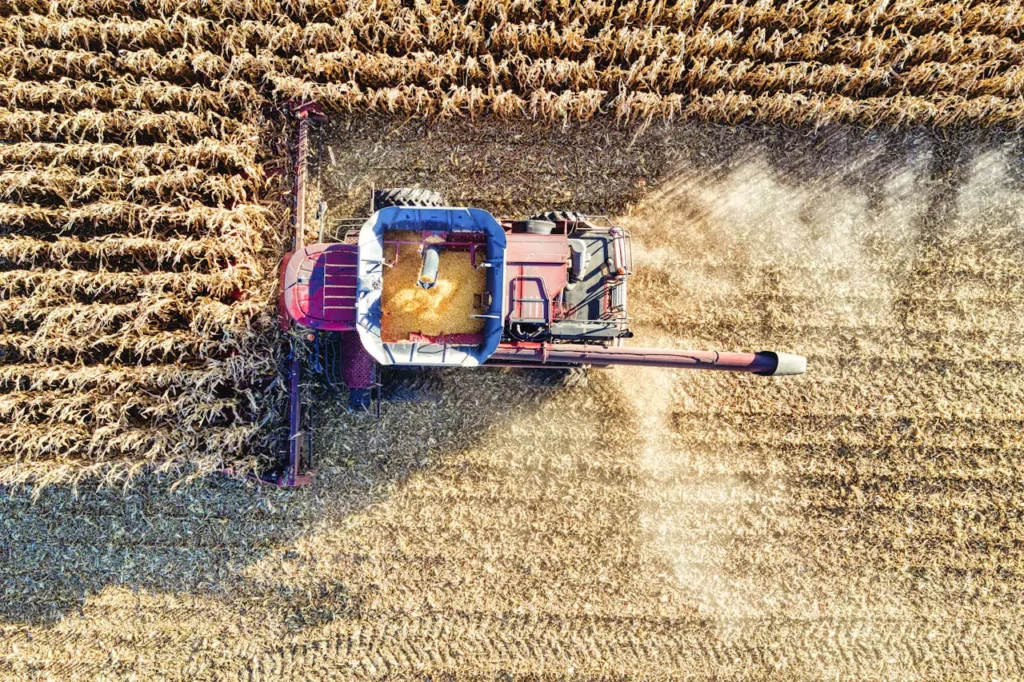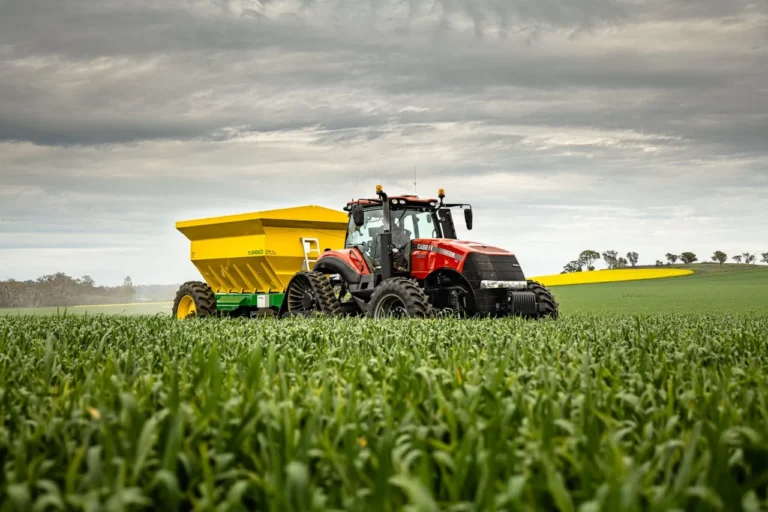
The global agriculture industry is undergoing a profound transformation, fueled by rapid advances in digital connectivity and precision farming technologies. According to leading global consultancy McKinsey & Company, enhanced connectivity across agricultural systems is expected to contribute more than $500 billion to the global gross domestic product (GDP) by the end of this decade. This anticipated growth is being driven by the widespread adoption of cutting-edge technologies such as advanced sensors, unmanned aerial vehicles (drones), satellite imagery, artificial intelligence (AI), and big data analytics—all converging to usher in a new era of precision agriculture.
These sophisticated digital tools are helping farmers monitor crops and soil health in real time, optimize the use of water and other natural resources, and make informed, data-backed decisions that maximize both yield and sustainability. In essence, connectivity is enabling smarter farming, empowering agricultural producers to increase efficiency while reducing their environmental footprint.
One of the most significant recent developments in this digital transformation of agriculture is the strategic partnership between Syngenta, a global powerhouse in agricultural science and technology, and Al Dahra, a multinational agribusiness company that manages approximately 400,000 acres of sustainable irrigated farmland. Al Dahra operates across more than 20 countries on six continents, playing a critical role in global food security by producing and supplying essential food and animal feed.
The two companies have announced a landmark collaboration to deploy Syngenta’s Cropwise® Operations platform across more than 220,000 acres of Al Dahra’s farmland in Romania, Serbia, Egypt, and Morocco. This partnership seeks to leverage the power of digital innovation to scale sustainable farming practices, boost productivity, and streamline farm operations across these key agricultural regions.
A Leap Forward in Digital Farm Management
The heart of this initiative is Syngenta’s Cropwise® Operations, an advanced all-in-one digital platform designed to facilitate integrated farm management. The software supports agronomic planning, financial tracking, administrative oversight, and sustainability monitoring—delivering a comprehensive suite of tools tailored for modern large-scale farming operations.

By implementing Cropwise® Operations, Al Dahra aims to centralize its agricultural data from various countries and production sites into a single, cohesive digital ecosystem. This unified approach will enable farm managers to make more informed decisions at every level—from the specifics of individual field operations to strategic planning across its entire farming portfolio.
The platform allows for seamless integration with Al Dahra’s existing digital tools and IT infrastructure, ensuring that the rollout complements the company’s current technological investments. This integration has already enabled the implementation of standardized processes across Al Dahra’s business units. With shared templates, classifiers, and metrics, the company can now generate consistent and compatible managerial reports across all its farming divisions.
Moreover, Cropwise® provides real-time data and actionable insights to help Al Dahra’s team manage resources more efficiently. For instance, early warnings about potential pest outbreaks or disease pressure will allow managers to take timely preventive measures. Additionally, the platform helps optimize irrigation strategies, improving water-use efficiency—especially critical in regions with scarce water resources. It also enhances the precision application of seeds, fertilizers, and crop protection products, reducing waste and minimizing environmental impact.
Setting a New Global Standard for Sustainable Agriculture
Commenting on the partnership, Feroz Sheikh, Chief Information and Digital Officer at Syngenta Group, emphasized the transformative potential of digital agriculture:
“Our Cropwise® Operations platform represents a significant leap forward in digital agriculture. By partnering with Al Dahra, we’re demonstrating how data-driven insights can transform large-scale farming operations across diverse geographies. This partnership not only revolutionizes farm management and optimizes yields but also sets a new global standard for sustainable, data-driven farming.”
Currently, the Cropwise® platform digitally connects more than 70 million hectares of farmland worldwide, making it one of the largest digital ecosystems in the agriculture sector. Its adoption by a major player like Al Dahra further reinforces its credibility as a transformative solution for the future of farming.
Arnoud van den Berg, Group CEO at Al Dahra, shared a similarly optimistic view:
“At Al Dahra, we’re always looking for ways to push the industry forward through innovation. Our vision for the future is clear: a smart, digital infrastructure that works for us, cutting down on manual data entry and giving our employees more time to focus on what really matters. One of our biggest goals is to automate reporting as much as possible, ensuring real-time insights into everything happening on our farms. To make that vision a reality, we needed the right partner, and Cropwise® Operations stood out as the perfect fit for taking our farm management to the next level.”
A Model for Scalable Agricultural Transformation
This collaboration serves as a model for other agribusinesses aiming to transition to a data-driven, sustainable future. The benefits of digital transformation in agriculture are manifold—improved operational efficiency, reduced input costs, higher crop yields, and better alignment with environmental and regulatory goals.
In regions like North Africa and Eastern Europe, where Al Dahra has significant operations, this kind of digital integration is especially valuable. These areas often face climate variability, resource constraints, and logistical challenges. Through the use of centralized platforms like Cropwise®, companies can implement targeted strategies that mitigate these challenges while enhancing the economic viability of farming enterprises.




